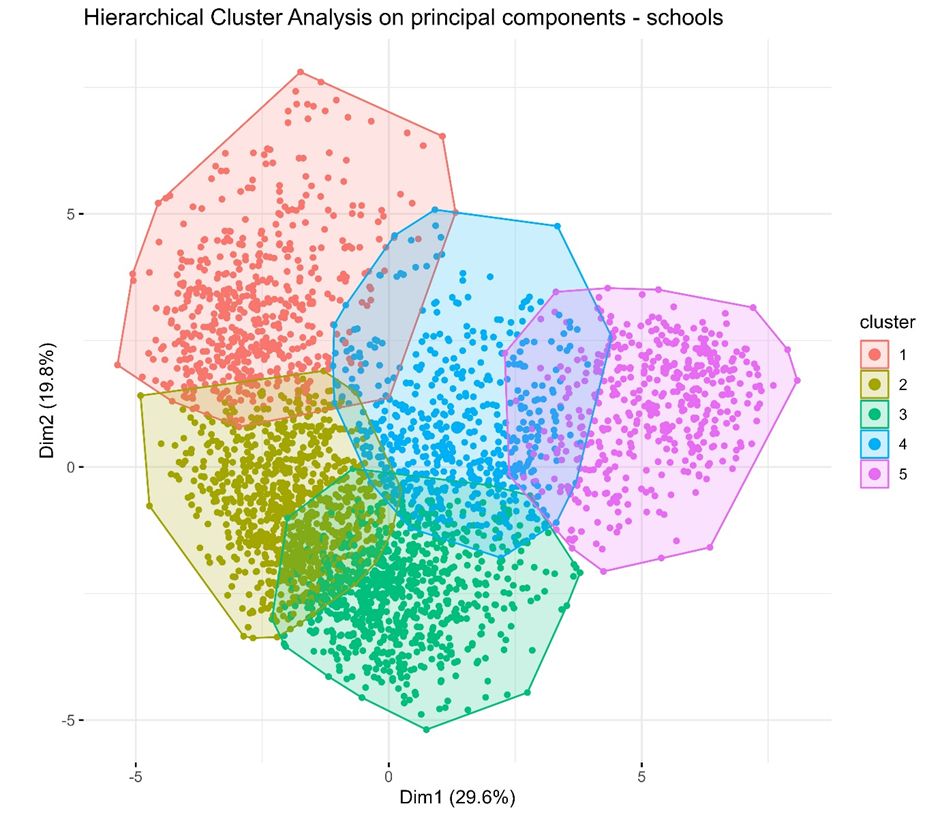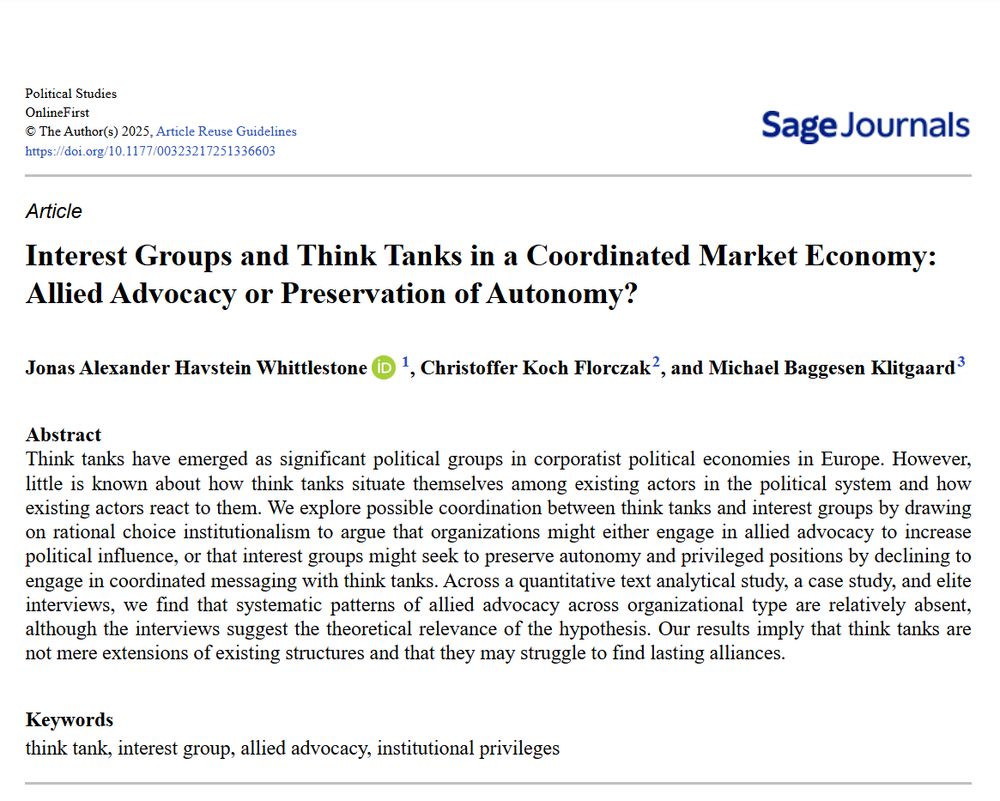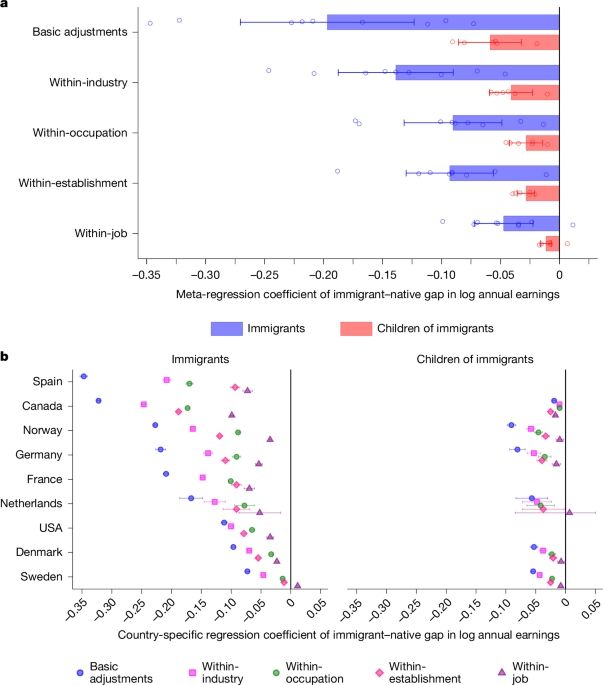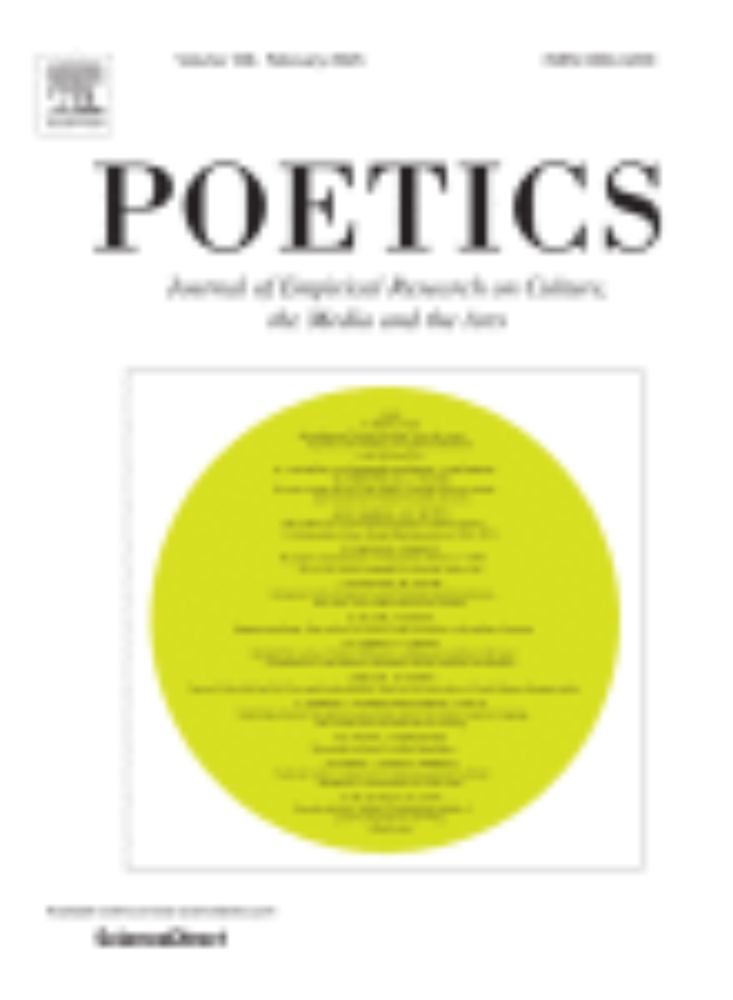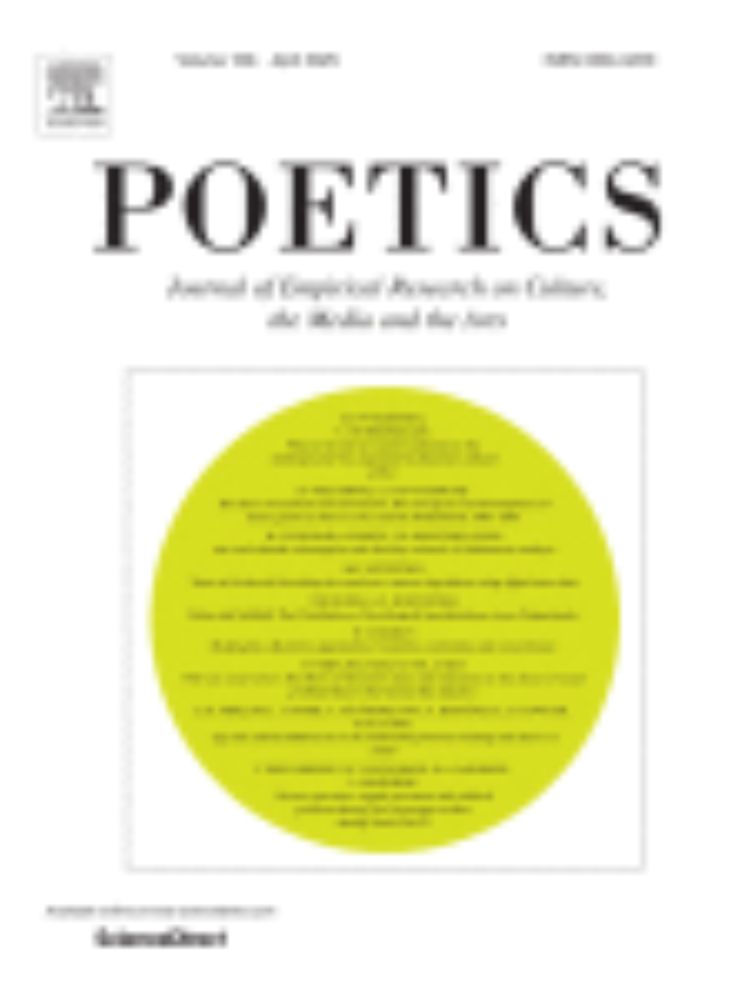Anton Grau Larsen
@antongrau.bsky.social
1.7K followers
850 following
21 posts
Sociologist working on elites, statistical programming and descriptive quantitative analysis. Roskilde University
Posts
Media
Videos
Starter Packs
Reposted by Anton Grau Larsen
Reposted by Anton Grau Larsen
Reposted by Anton Grau Larsen
Reposted by Anton Grau Larsen
Reposted by Anton Grau Larsen
Reposted by Anton Grau Larsen
Reposted by Anton Grau Larsen
𝙅𝙖𝙘🍩𝙗 𝙉𝙮𝙧𝙪𝙥
@jacobnyrup.bsky.social
· Sep 4

Jacob Nyrup awarded EU funds to research political elites
- Department of Political Science
Jacob Nyrup from the Department of Political Science has been granted a substantial 18 million Norwegian kroner by the EU's research council to examine political elites in countries before and after d...
www.sv.uio.no
Reposted by Anton Grau Larsen
Reposted by Anton Grau Larsen
Reposted by Anton Grau Larsen
Silberbauer
@silberbauer.dk
· Jun 28

Forskere skulle gøre deres projekt »spiseligt for erhvervet« for at få adgang til data om dyrevelfærd
Den tidligere landbrugsstyrelse har givet ejerskab over data indsamlet af offentligt ansatte på de danske slagterier til Landbrug & Fødevarer. Det kan være et brud på offentlighedsloven og brud på EU-...
www.information.dk
Reposted by Anton Grau Larsen
Reposted by Anton Grau Larsen
Reposted by Anton Grau Larsen
Mikkel Flohr
@mflohr.bsky.social
· Jun 3

Video: Mikkel Flohr on ‘Political Theology: Origins, Concepts, and Contradictions’ — Theory, Culture & Society | Global Public Life
Mikkel Flohr introduces the Theory, Culture & Society article ‘ Political Theology: Origins, Concepts, and Contradictions ’
www.theoryculturesociety.org
Reposted by Anton Grau Larsen
Reposted by Anton Grau Larsen












